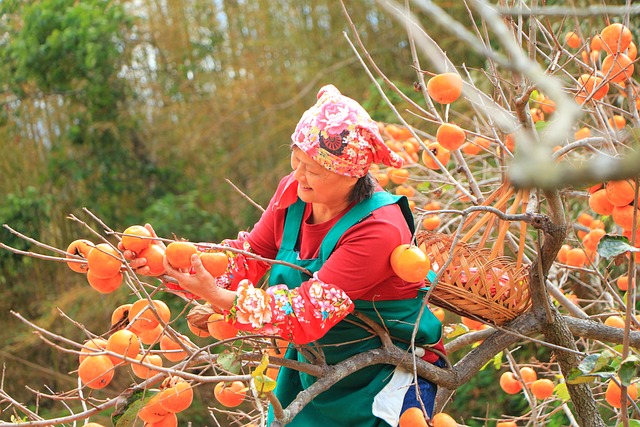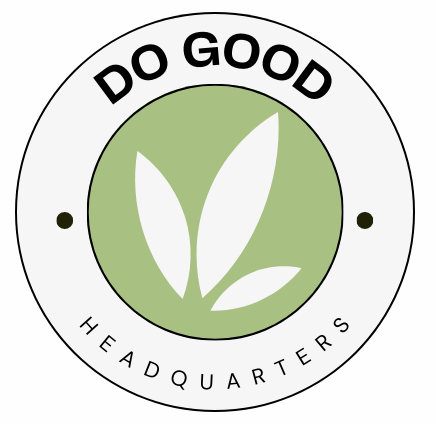Fair Trade Certified: What Does It Mean?

Fair trade is exactly what it sounds like: fair pay for work and goods, especially between developed and developing countries. There is a long history of second and third-world countries being exploited for labor. However, fair trade practices seek to ensure all parties are compensated fairly. By choosing to buy from Fair Trade Certified companies, you can be sure that your money is supporting best business practices in areas where it matters most.
The Basics of “Fair Trade” – Why it Matters
Fair trade practices protect workers and producers around the world. Since wage and working conditions can vary drastically between countries and industries, fair trade standards seek to recognize companies that treat workers with respect and pay fair prices for labor and goods.
In the modern global economy, workers are regularly exploited and abused to a staggering degree. These issues have been better understood in recent years, with more mainstream condemnation of trends like “fast fashion” and an increased awareness of harmful factory conditions and labor trafficking.
Fair trade certifications mean that businesses can source products ethically, and consumers can rest assured the people behind their favorite products were compensated fairly for their work.
Consumers wishing to live more sustainably and be conscious of where and how they spend their money can feel good about supporting Fair Trade and Fairtrade Certified companies.
What Does “Fair Trade Certified” Mean?
There are actually two organizations that certify businesses in this area: Fairtrade America and Fair Trade USA.


Both serve the same purpose but vary slightly when it comes to minimum prices and the certification process.
Both organizations operate with the intention of supporting producers, investing in communities, and helping businesses take part in ethical supply chains. By doing this, they also create more transparency for consumers, so you can know where your money is going.
Fair Trade Certification vs. Fair Trade Practices
As a consumer, it’s important to note that only “Fairtrade” and “Fair Trade” are recognized labels, but the term “fair trade” can be used by anyone.
Only companies with the official marks are Fairtrade or Fair Trade certified, meaning they have met the standards and been verified.
A company might put elements of fair trade into their business practices but not be certified by a third party. Providing fair payment, using responsible labor, and investing in community development are all ways that a company can put fair trade values into practice, but unless they go through the verification process and get an official mark, you’ll have to take their word for it.
Fair Trade Certification Requirements & Standards
While Fair Trade USA and Fairtrade America operate independently, for consumers, both labels mean pretty much the same thing. In order to be certified, a company must meet agreed-upon standards that apply to their business, be it factories or food.
Fair trade standards include environmental, economic, and social criteria in order to be certified. Considerations include paying adequate minimum prices for goods, operating with ecological considerations, and practicing ethical hiring and working standards.
The specific requirements are regularly reviewed and adjusted to ensure they continue to create positive benefits for workers. Therefore, brands need to stay in the loop and be aware of revisions as they apply to their business.
How Companies Become Fair Trade Certified
To earn the Fairtrade or Fair Trade label, a company must submit to a review of its trade and business practices. This can be for a single product, a line of products, or an entire collection.
The process is similar for both organizations:
- Contact. Once a company decides it wants to pursue certification, it reaches out to a certifying body and begins the process.
- Supply chain analysis. In some cases, a company might already be using a certified supply chain without knowing it. If they are not, the organization will help them find one and source certified goods. The certification process is seen as just that—a continuous process. Companies should constantly work to meet requirements and improve their practices.
- Labeling. Once a business is plugged into a certified supply chain, it receives a licensing contract that allows it to launch and label the newly certified products.
Is there a cost to becoming Fair Trade Certified?
The cost of becoming Fairtrade certified depends on the product in question and how many the company is seeking to label. The complexity of a supply chain and the number of products affects the cost of the process.
But the price is worth it for many brands. The cost of certification reflects an investment in better working conditions and more ethical business practices, and many consumers prefer to buy goods that reflect these values.
Do Fair Trade certifications need to be renewed?
There are regular audits and reviews of a company’s supply chain to ensure they are meeting or working towards meeting the requirements. To remain certified, a company needs to be prepared for both regular and unannounced audits. The certification can be suspended or revoked at any time if a company fails to meet core standards.
Our Favorite Fair Trade Certified Brands
Below are some Fair Trade certified companies that we love:
- Patagonia – Offering stylish and functional outdoor apparel.
- West Elm – Quality fabrics for every room of the house, from sheets and duvet covers to towels and shower curtains.
- Pact – Crafting beautiful, comfortable clothes with organic, sustainably sourced cotton.
- Terra Thread – Apparel and bags of all shapes and sizes made with 100% organic cotton.
- Coyuchi – A lifestyle brand with everything you need for a comfortable, stylish home.
Our Take on Fair Trade Certification
All in all, if given the choice, it’s worth opting for Fair Trade and Fairtrade Certified products. You can buy these goods with the knowledge that workers were compensated fairly. Additionally, materials were sourced responsibly, and the whole operation has been thoroughly reviewed and approved.
Though the Fair Trade label carries a small premium, it’s worth paying that little bit extra to support responsible, safe, and ethical business practices that make the world a better place, one purchase at a time.
Featured image via yulin_c1002 from Pixabay


